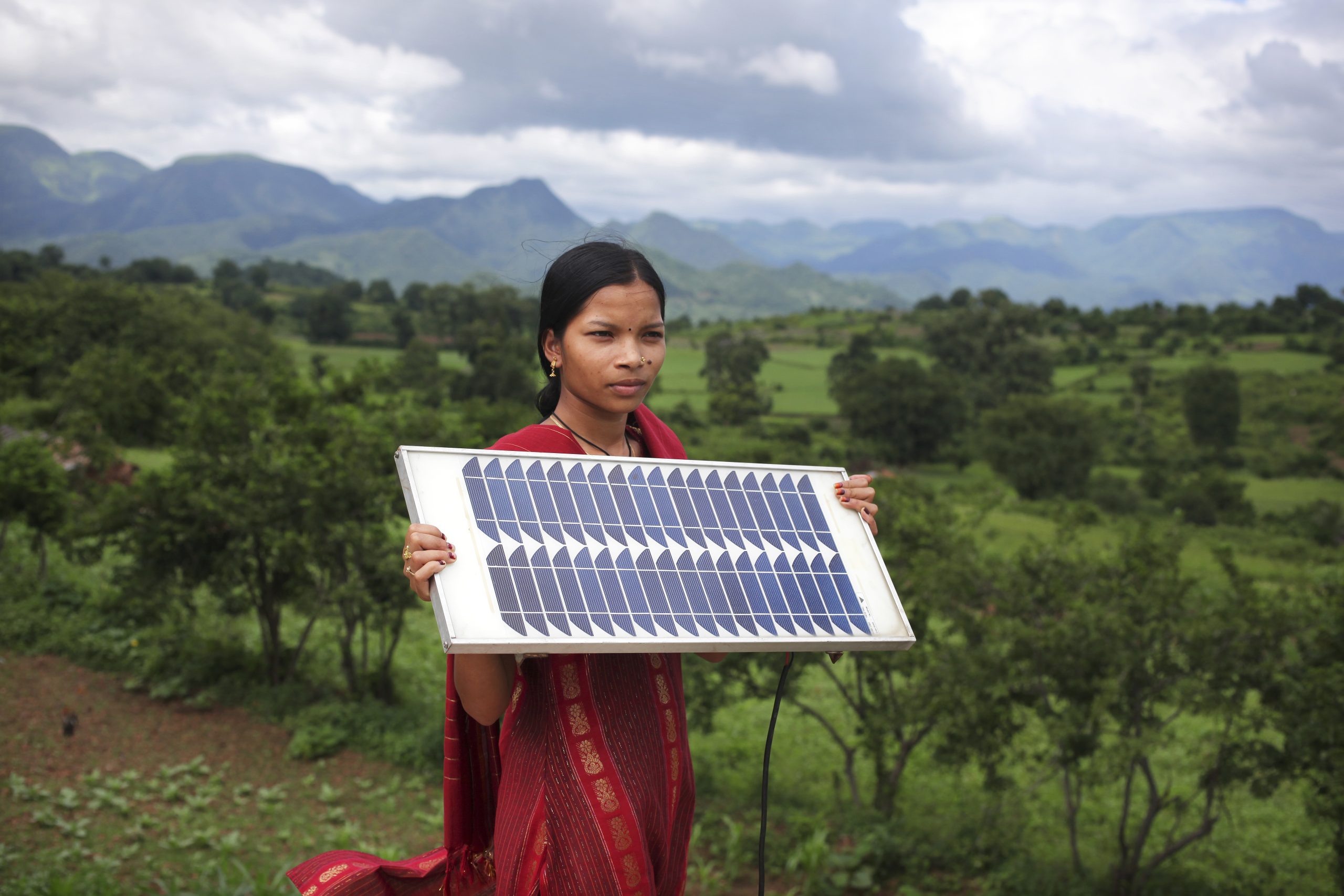From 18-20 March 2024, UK FCDO and Wilton Park held a conference on “Building Women’s Economic Empowerment into Climate Transitions”. The conference brought together 53 people from 38 organisations and 15 different countries across governments, the private sector, academia, civil society and multilateral institutions. The event followed on from the 2023 conference on Women’s Economic Empowerment: Stimulating Renewed Global Momentum and Driving Long-Lasting Change, which took a broader stock take of women’s economic empowerment amongst geopolitical changes such as the COVID-19 pandemic and the global rollback of women’s rights. An optional pre-reading pack was shared with participants ahead of the conference, to inform the session discussions. It presented a rapid review of existing work on this topic, and was structured around the main conference sessions.
Objectives
The conference objectives were:
- To build a common understanding of gender inclusive climate transitions.
- To share best practice on how to create more opportunities for women in sectors that are core to delivering green growth such as energy, technology, infrastructure, manufacturing and agriculture.
- To discuss the enabling environment for a green economy including business environment reform, that promotes economic opportunities for women. This includes the implications of green transition for the role of gender-responsive social protection and the care sector.
- To identify the steps needed to build a community of actors across sectors and geographies that can overcome inequalities and to empower women to share the benefits of green growth.
- To identify the roadblocks to achieving a gender inclusive green economy, and the role of different stakeholders and sectors in tackling these barriers.
The conference also presented an opportunity for stakeholders to feed into FCDO’s new global campaign to accelerate all aspects of women’s economic empowerment, as referenced in the UK’s 2023 White Paper on International Development.
Background
Progress to close gender gaps is slow. The gender gap in labour-force participation rate is at 64%, the second lowest point since the World Economic Forum index was created in 2006. The combination of the cost-of-living crisis, tightening fiscal conditions in most countries, multiple extended conflicts, and the lingering economic impacts of the COVID-19 pandemic have all contributed to the weakest global economic growth since the early 1980s. A global rollback of the rights of women, LGBTQI+ people and refugees is taking place. Unpaid care and domestic work , exposure to violence, lack of sexual and reproductive health and rights (SRHR) services, early marriage and pregnancy, all present significant barriers to women’s economic empowerment – all of which typically increase in times of crisis.
At the same time, the climate crisis is accelerating, with global temperatures reaching 1.5°C above pre-industrial levels for a full 12 months in February 2024 for the first time. Even by limiting global temperature rise to 1.5°C, which current plans will not be able to achieve, 950 million people will experience water stress, heat stress and desertification, and the global population exposed to flooding will rise by 24%. Intersections between gender, power dynamics, socio-economic structures, and societal norms and expectations result in climate impacts being experienced differently by women (Andrijevic et al. 2020). Women will also be affected differently in the response to the climate crisis, and transition to a low carbon economy. For example, women are more likely to work in informal jobs which are lower paid and at higher risk of being lost in the transition to net zero.
